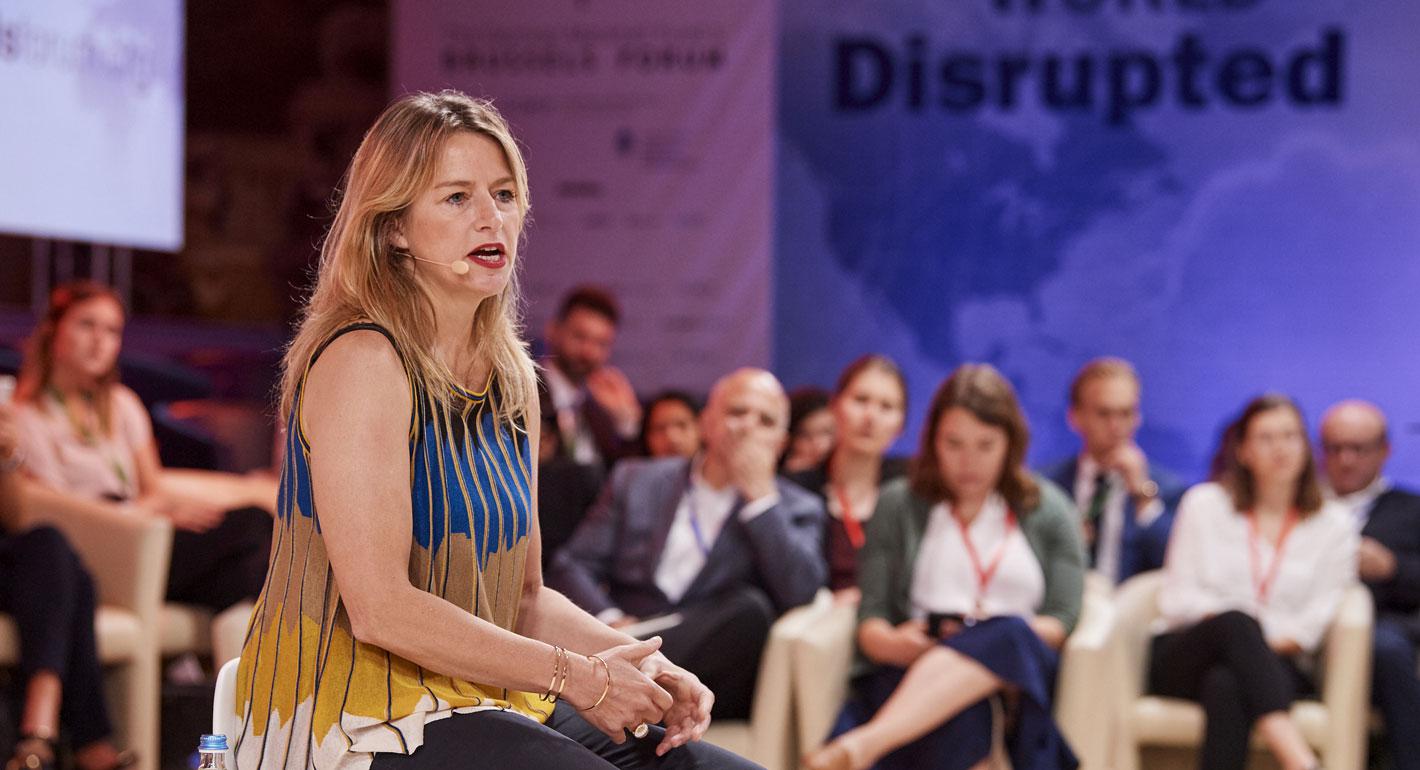I join Carnegie Europe at inauspicious times. The European continent is in lockdown and on the cusp of a transformative moment which may either usher in a time of global irrelevance for the EU or produce changes that benefit Europeans and international peace and cooperation.
The analysis is foreboding. Alongside the tragedy in the loss of life, the pandemic is set to bring about an unprecedented economic recession. EU leaders still disagree on how to turn crisis into an opportunity to initiate a new Keynesian moment and inject a new lease of life into the European economy. This deep cleavage on the governance of the eurozone has been haunting the EU for a decade, eroding solidarity from within, making it vulnerable to external shocks, and depressing its ability to play on the international stage.
Addressing the democratic failings within the EU—another reason behind the erosion of solidarity—is likely to be put on the backburner, among the emergency measures to deal with the pandemic. The crisis is also being exploited to promote extraordinary concentrations of executive power, potentially bringing authoritarianism into the EU. Authoritarianism and populism around the world are also taking advantage of the pandemic to shape global affairs to particularistic advantages.
New battles of narratives are emerging to accompany rising geopolitical competition. In this context, the EU will likely continue to be unable to address in any meaningful way the conflicts surrounding the continent, which the pandemic has not halted, let alone shape a more benign and cooperative international environment.
Europe’s future need not be so bleak. There are silver linings. Imagining better futures helps analysts produce creative policy recommendations.
The clear skies above the industrialized Global North seem cathartic for the planet, letting it breathe and pause for regeneration. Should leadership fail in reinventing the economy, Europeans are likely to do so from within, as every past pandemic has brought about economic renewal and periods of humanism.
Extended use of technology during the lockdown will help the transition to a greener and more digital economy and create new jobs where the old ones were lost. The mobilization of small companies pioneering 3D printing to produce components for medical equipment is just a small example of things to come. Some of the populist leaders may transform into authoritarians, but the sheer incompetence of others will mark their ousting, and Europe may have newly found partners to pursue global cooperation.
The times for expertise are returning, and it will be the mission of Carnegie Europe to continue providing laser-sharp analysis with creative ideas about policy choices. The pandemic also underscores the need to improve global cooperation in multidisciplinary and collaborative research, an area where the Carnegie Endowment for International Peace excels.
There are many lessons from the pandemic, and one is already loud and clear: international cooperation is the only way forward. Europe has been a laboratory of cooperation and multilateralism; if it cannot pick up the torch to reinvent global governance, who can?
